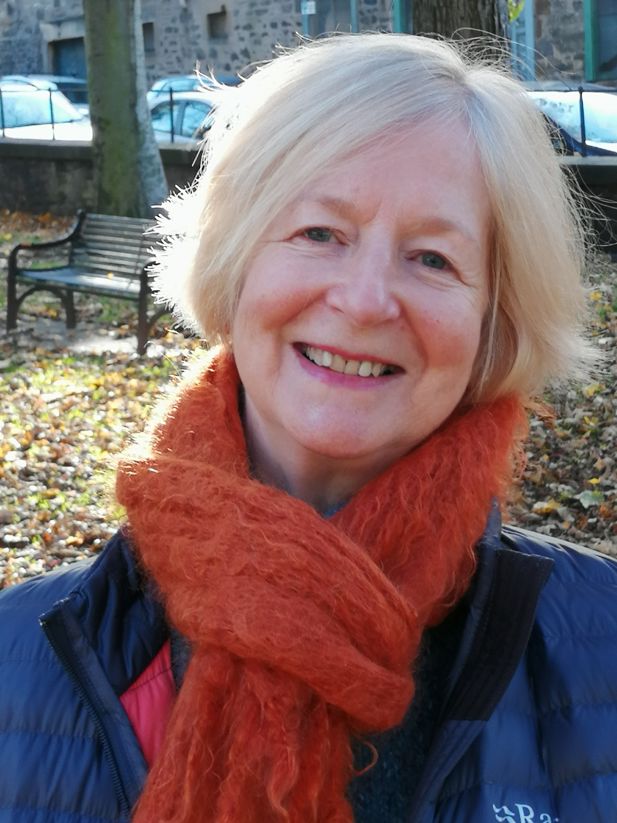Inaugural Lecture of Professor Carolyn Greig
- Location
- Teaching and Learning Building
- Dates
- Wednesday 2 March 2022 (16:30-18:00)

Four Score Years and Then...?: Improving health span in older adults
We are living longer but the number of years that we expect to spend in good health - our healthspan - is not keeping pace with our lifespan. Many older adults may have to endure a number of years of poor health. In the UK, for men this currently stands at 16 years and for women it is 19 years. Just think – if you are a woman living in the UK, the final two decades of your life may be spent in poor health. This is a real cause for concern.
The main focus of my research has been to help older adults maintain or improve their muscle health, and in doing so, their physical independence. As people age, their muscles become smaller and weaker: I look at the functional consequences of those changes, in other words how they affect the ability of older people to perform those everyday tasks and activities which are important for the maintenance of physical independence.
The most powerful intervention for muscle health is exercise training, and in particular, resistance or strength training. The good news is that older muscles can respond to training, although the responsiveness in terms of size and strength is reduced when compared with younger muscle. However these smaller changes can still translate into improvements in functional ability. We do not know if there comes a point at which there is no response to a muscle building stimulus. Given the reduced muscle responsiveness of older muscles to exercise (and feeding), multimodal interventions may be more effective that exercise training alone.
It is important for us to start thinking globally about healthy ageing because by 2050, there are predicted to be around 2 billion adults aged over 60 years living in this world and approximately 80% of those will be living in lower and middle-income countries. Of course there are societal, health and economic impacts but what makes this significant issue even more complex, is that 75% of the world’s countries have little or no data on healthy ageing. We need to know more about the needs and priorities of older people and we need to do more research into developing strategies to meet those needs and priorities in different contexts and cultures. And when better to do it than right now, as we begin the United Nations Decade of Healthy Ageing (2021 – 2030) which is a global collaboration aimed at improving the lives of older people.
Carolyn Greig is a physiologist and a translational scientist with an overarching interest in the responsiveness of human muscle to use, disuse, atrophy and ageing. After graduating from the University of Newcastle (BSc Physiology) and the University of London King’s College (MSc Human and Applied Physiology), Carolyn initially worked with young athletes (PhD funded by the Sports Council of Great Britain) before postdoctoral research with a focus on exercise and muscle function in older adults, within University Departments of Geriatric Medicine in London and Edinburgh. After a Research into Ageing (now AgeUK) research fellowship, investigating the responsiveness of older muscle to exercise training, Carolyn moved to the University of Birmingham’s School of Sport, Exercise and Rehabilitation Sciences. Carolyn’s major interests include the use of exercise and nutrition to mitigate the adverse functional consequences of sarcopenia (loss of muscle mass and function), and frailty. Carolyn is the Interventions theme co-lead for the MRC-Versus Arthritis Centre for Musculoskeletal Ageing Research and Deputy lead of the Institute for Global Innovation’s Ageing, Frailty and Resilience theme. She also serves as co-Chair of the University’s STEM Research Ethics Committee. Carolyn has undertaken a number of national/ EU policy projects involving older adults and served as a member of the UK Chief Medical Officers physical activity panel for older adults. She has authored over 125 peer-reviewed journal articles, reviews and book chapters. Recently, with colleagues in SportexR, she has developed a massive open online course (MOOC), ‘Healthy Ageing: Concepts, Interventions and Planning for the Future’, in order to exchange knowledge and share expertise globally.
This is an in-person event at the Teaching and Learning Building at the University of Birmingham.